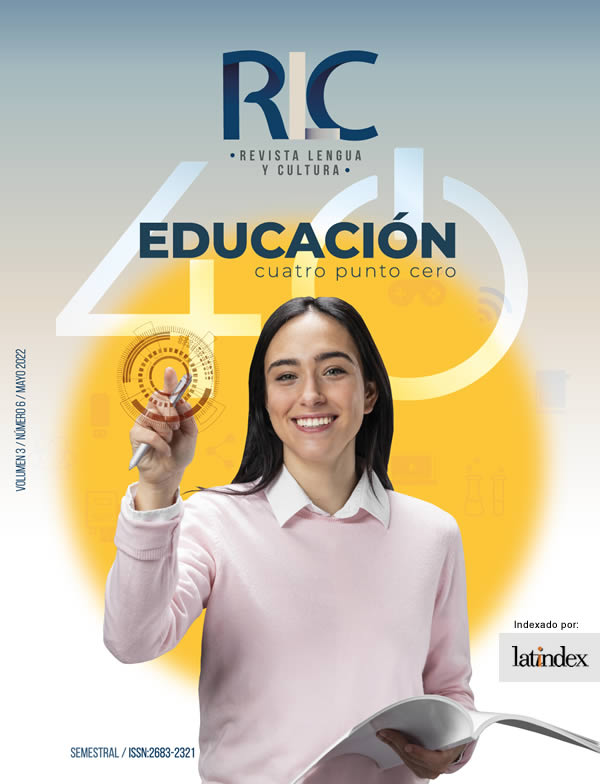The usefulness of the “Teaching Knowledge Test” and its preparation course: A case study of test candidates in Tamaulipas
Résumé
ELT in Mexico has gained crucial importance in recent years. Since 2009, the Mexican Ministry of Education has implemented English as a Foreign Language in the basic education curriculum. Universities around the country require their students´ a specific language proficiency to obtain their under and postgraduate degrees (UAT, 2006). Therefore, English teaching certifications become a matter of importance not just at a national level but at state levels. According to Coe & Delaney (2008), a certification helps an individual stand out in the crowded marketplace. It also signals to employers that a job candidate has the required skills to perform a specific job. Therefore, understanding EFL teachers´ experiences during the process of certification completion becomes vital. This multiple case study had the purpose of exploring the perspectives of three Mexican test candidates of the usefulness of the “Teaching Knowledge Test” (TKT) certification and its preparation course. Three interviews conducted at different stages of the study suggested that time was their main constraint and the practice of their English language skills was the main gain while preparing to take the TKT. This article will provide more insights on the study conducted, results obtained and the implications for the Mexican ELT community.
##plugins.generic.usageStats.downloads##
Références
Cambridge Assessment English. (2018). Cambridge English Teaching Framework.https://www.cambridgeenglish.org/Images/165722- teaching-framework-summary-.pdf
Cohen, L., Manion, L., &; Morrison, K. (2011). Research Methods in Education. (7th ed.). Routledge.
Cronquist, K., & Fiszbein, A. (2017). El aprendizaje del inglés en America Latina. Pearson.
Green, A. (2007). Washback to learning outcomes: A comparative study of IELTS preparation and University Pre‐Sessional Language courses. Assessment in Education: Principles, Policy & Practice, 14(1), 75–97. https://doi.org/10.1080/09695940701272880
Delaney, J., & Coe, M. (2008). The impact of Certifications on accounting education. Strategic Finance. https://sfmagazine.com/wp-content/uploads/sfarchive/2008/07/The-Impact-of-Certifications-on-Accounting-Education.pdf
Diario oficial de la Federación. (16/12/28). Acuerdo Número 20/12/16. https://www.dof.gob.mx/nota_detalle.php?codigo=5467931&fecha=28/12/2016
Dornyei, Z. (2007). Research Methods in Applied linguistics. Oxford University Press
Droval, C. (2014). Innovación en Gestión de Personas: El uso de la Certificación Profesional. Revista Electrónica Gestión de las Personas y Tecnología, 7(21), 45-56. https://www.redalyc.org/articulo.oa?id=477847105004
Faez, F., & Valeo, A. (2012). TESOL Teacher Education: Novice Teachers’ Perceptions of Their Preparedness and Efficacy in the Classroom. TESOL Quarterly, 46(3), 450–471. https://doi.org/10.1002/tesq.37
Gonzalez , A. (2009). On Alternative and Additional Certifications in English Language Teaching: The Case of Colombian EFL Teachers Professional Development. IKALA Revista De Lenguaje y Cultura, 14(22), 183–209. https://www.redalyc.org/articulo.oa?id=255020476007l
Heighman, J. &; Croker,R. (2009). Qualitative Research in Applied Linguistic. Palgrave Macmillan.
Ingvarson, L. & Kleinhenz, E. (2006). Estándares profesionales de práctica y su importancia para la enseñanza. Revista De Educación, 265–295. https://doi.org/10.4438/1988-592X-0034-8082-RE
Masfufah, S. (2018). Indonesian college students’ perceptions of TOEFL preparation class. EduLite: Journal of English Education, Literature and Culture, 3(1), 66. https://doi.org/10.30659/e.3.1.66-78
Moncada , A. (2009). On Alternative and Additional Certifications in English Language Teaching: The Case of Colombian EFL Teachers' Professional Development. Ikala, 12(22).
Saif, S., Ma, J., May, L., & Cheng, L. (2019). Complexity of test preparation across three contexts: Case studies from Australia, Iran and China. Assessment in Education: Principles, Policy & Practice, 28(1), 37–57. https://doi.org/10.1080/0969594x.2019.1700211
Taylor, L. B. (2008). Multilingualism and assessment: Achieving transparency, assuring quality, sustaining diversity: Proceedings of the Alte Berlin Conference, May 2005. Cambridge University Press.
Yook, C., & Lee, Y.-H. (2016). Korean EFL teachers’ perceptions of the impact of EFL teacher education upon their classroom teaching practices. Asia-Pacific Journal of Teacher Education, 44(5), 522–536. https://doi.org/10.1080/1359866x.2016.114417
Wilson, R., Poulter, M., & Valazza, G. (2015). Chapter 12. Impact of the TKT in Uruguay 2005-12. In Assessing language teachers' professional skills and knowledge (pp. 263–283G). essay, Cambridge University Press.
Xie, Q. (2013). Does test preparation work? implications for score validity. Language Assessment Quarterly, 10(2), 196–218. https://doi.org/10.1080/15434303.2012.721423
Copyright (c) 2022 Cyntia Saucedo Ibarra, Elsa Fernanda González Quintero

Ce travail est disponible sous licence Creative Commons Attribution - Pas d'Utilisation Commerciale - Pas de Modification 4.0 International.













